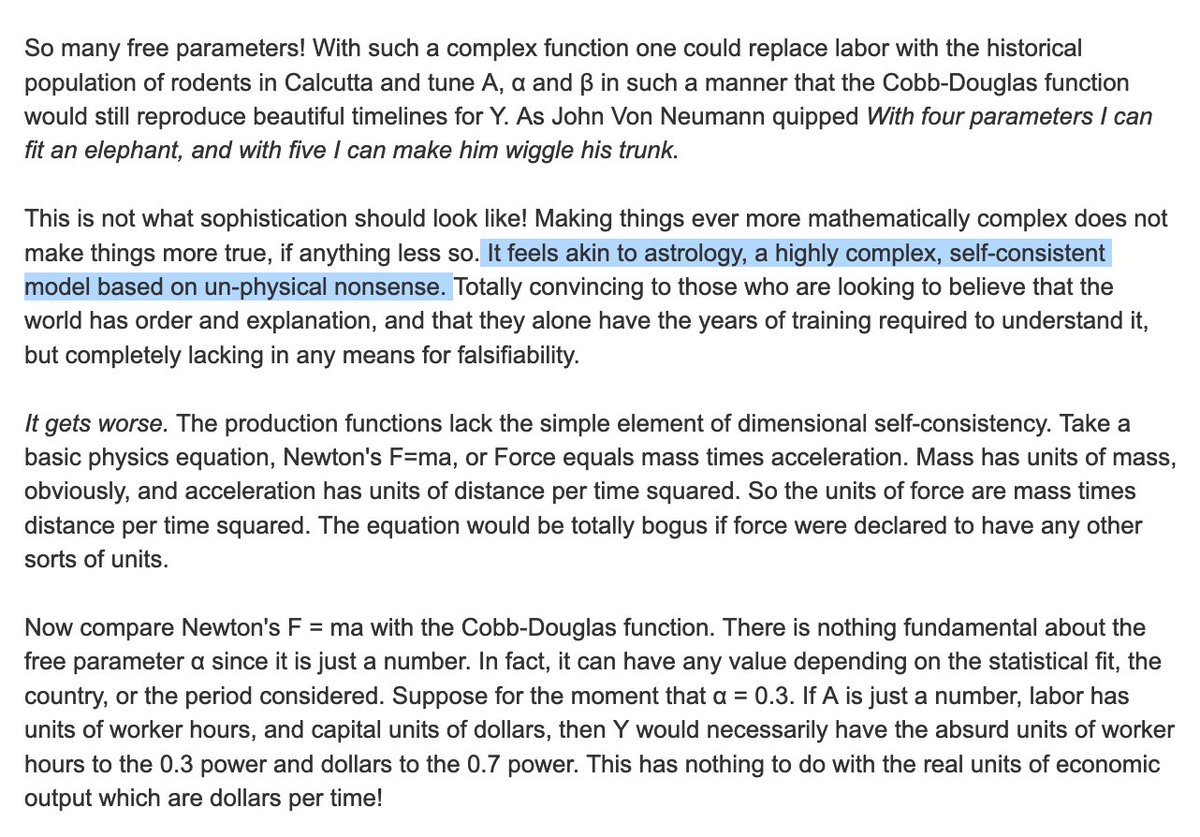
The Arctic is our ticking time bomb.
Peter Wadhams: "It may be too late to save the Arctic, but if it's too late to save the Arctic, it's too late to save anything. What the world needs now is engineers to do what is needed."
Funding needed now. Thread.
Peter Wadhams: "It may be too late to save the Arctic, but if it's too late to save the Arctic, it's too late to save anything. What the world needs now is engineers to do what is needed."
Funding needed now. Thread.
2/ We should be blunt because these questions decide our future. As Peter Wadhams says in his book and on @iconickevin's blog: we know that, institutionalized via the IPCC, it has become social convention to make certain indefensible assumptions in models. kevinhester.live/2017/11/10/ful… 

3/ Hand waving online and asking scientists and analysts to take the time to read up on the relevant dynamics may help but won't address what is essentially a question of power and institutional architecture, so just to leave this here.
https://twitter.com/_ppmv/status/1478482955706191880
4/ I applaud the incredible work of scientists who volunteer their time to the IPCC. The format is problematic. Burying the most critical information deep in reports, visible only to experts, is not how we solve humanity's most dynamic existential problem.
https://twitter.com/_ppmv/status/1482043810981031947
5/ Transparent analysis is possible. @djspratt @BreakthroughCCR show one way in their publications.
Even top decision makers have dangerously fractured attention spans. Here an intro anyone can understand.
IPCC+UNFCCC are unfit for the challenges ahead.
climatecodered.org/2022/01/have-t
Even top decision makers have dangerously fractured attention spans. Here an intro anyone can understand.
IPCC+UNFCCC are unfit for the challenges ahead.
climatecodered.org/2022/01/have-t
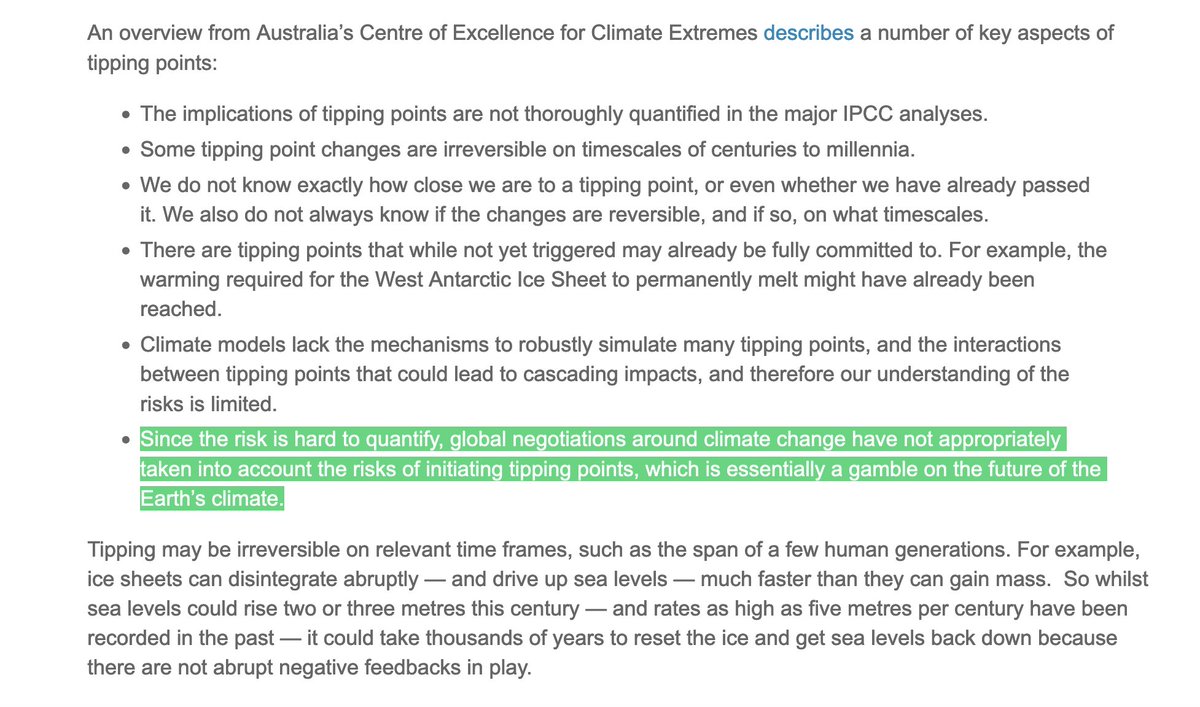
6/ A tiny fraction of humanity will have read the AR6. Even the layout is punishing. Go figure why the world's key source of information on our existential question is not having an impact.
All this will look rather silly if AMOC/SMOC shut down around mid-century, as they might.
All this will look rather silly if AMOC/SMOC shut down around mid-century, as they might.
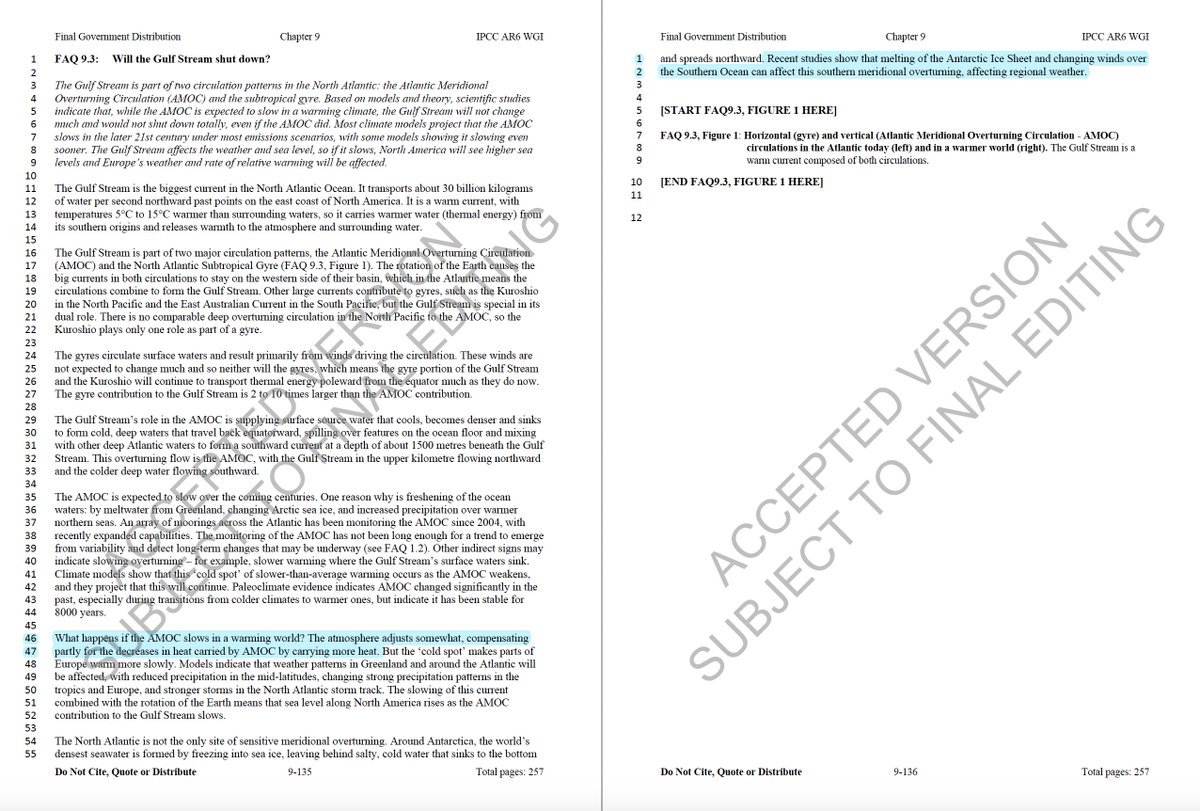
7/ @SaleemulHuq: "Everybody on the planet needs now to be galvanized to tackling climate change because it is, by far, the most important and biggest emergency that mankind has ever faced." It all starts in the Arctic. Yet, no public attention whatsoever.
https://twitter.com/MrMatthewTodd/status/1490987272044703752
Functional link: climatecodered.org/2022/01/have-t… thanks @ahausmannx
8/ Climate policy is too fragmented. Few people seem to take a whole-of-system view. This is always astonishing, because the basic dynamics are explained in under a minute.
https://twitter.com/cooling_earth/status/1449210492518604800
9/ Do today's prominent climate communicators tell the public the truth? Take Michael Mann, who blocks and berates analysts for admitting that we've long seen 1.5/2°C in the rear mirror. Testifying in the House, where he must be honest, he admits we're on track for 3-4°C. Absurd. 



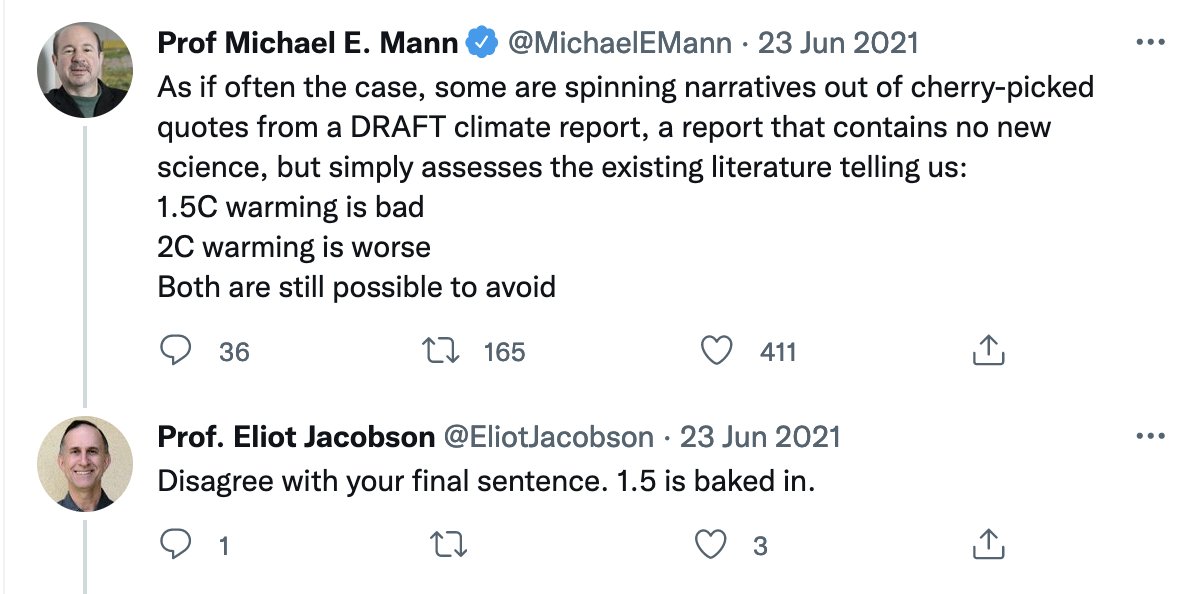
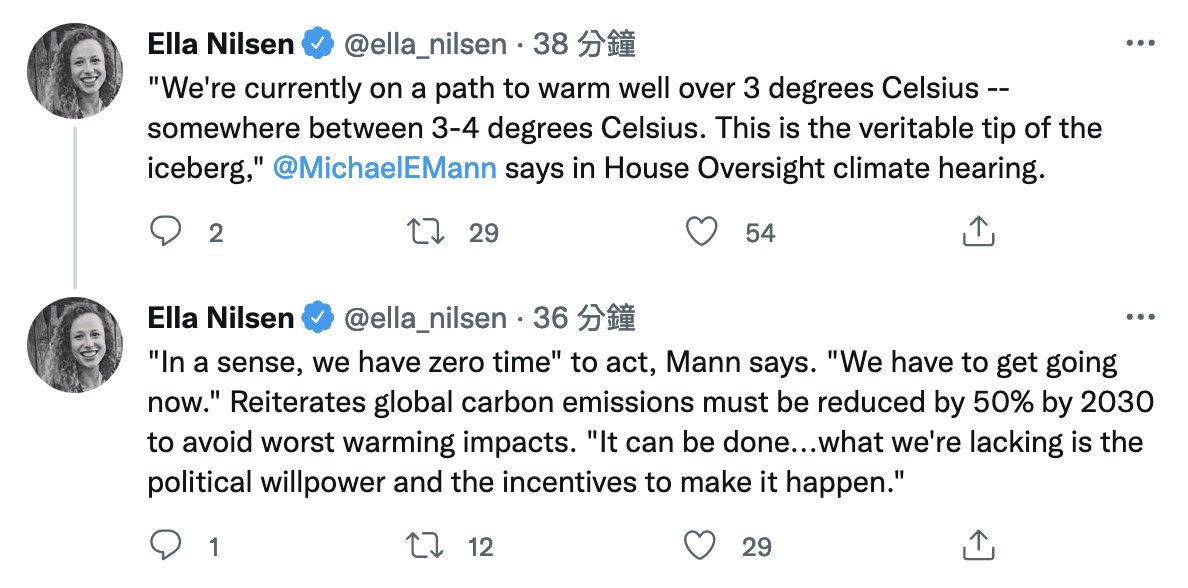
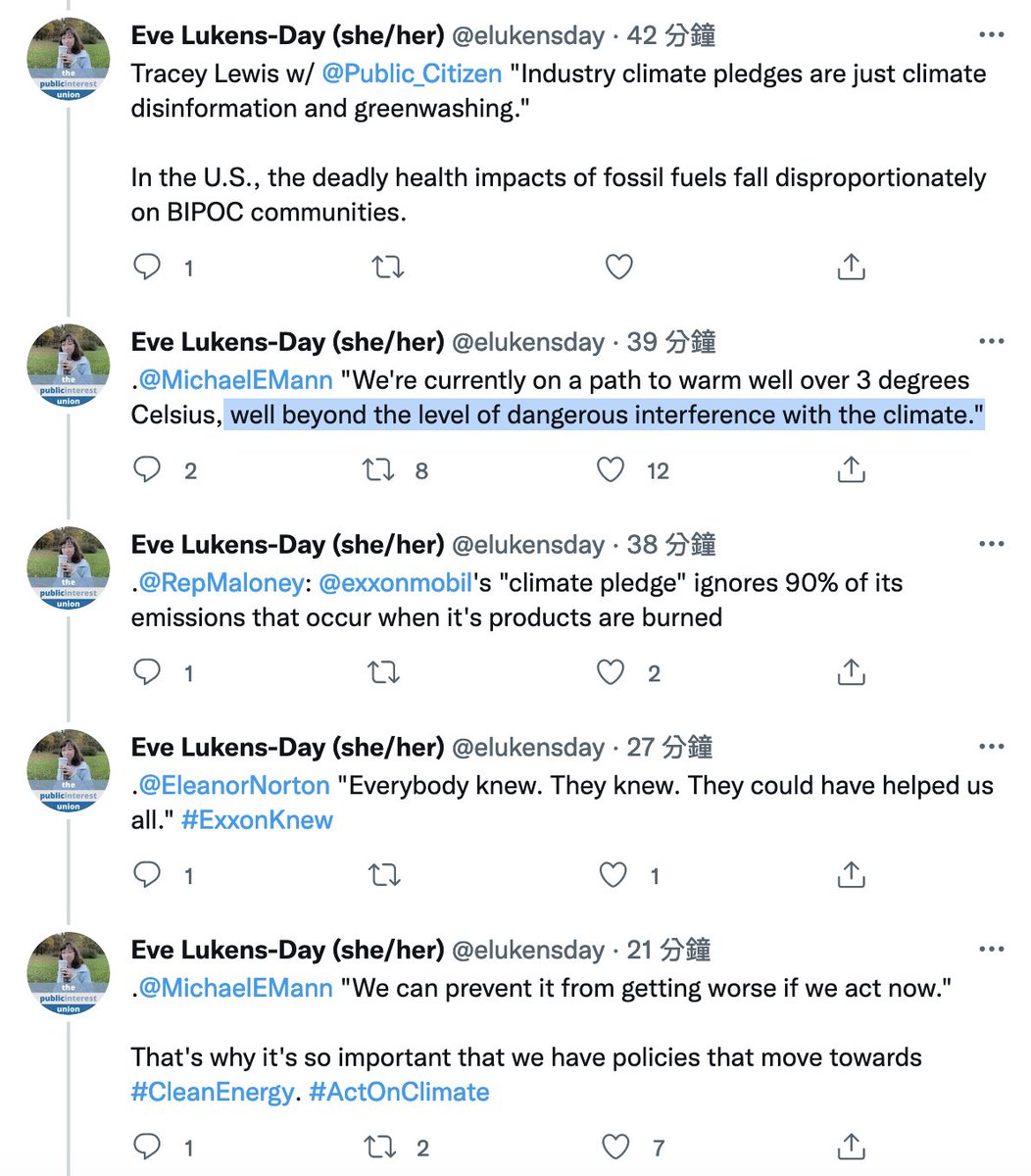
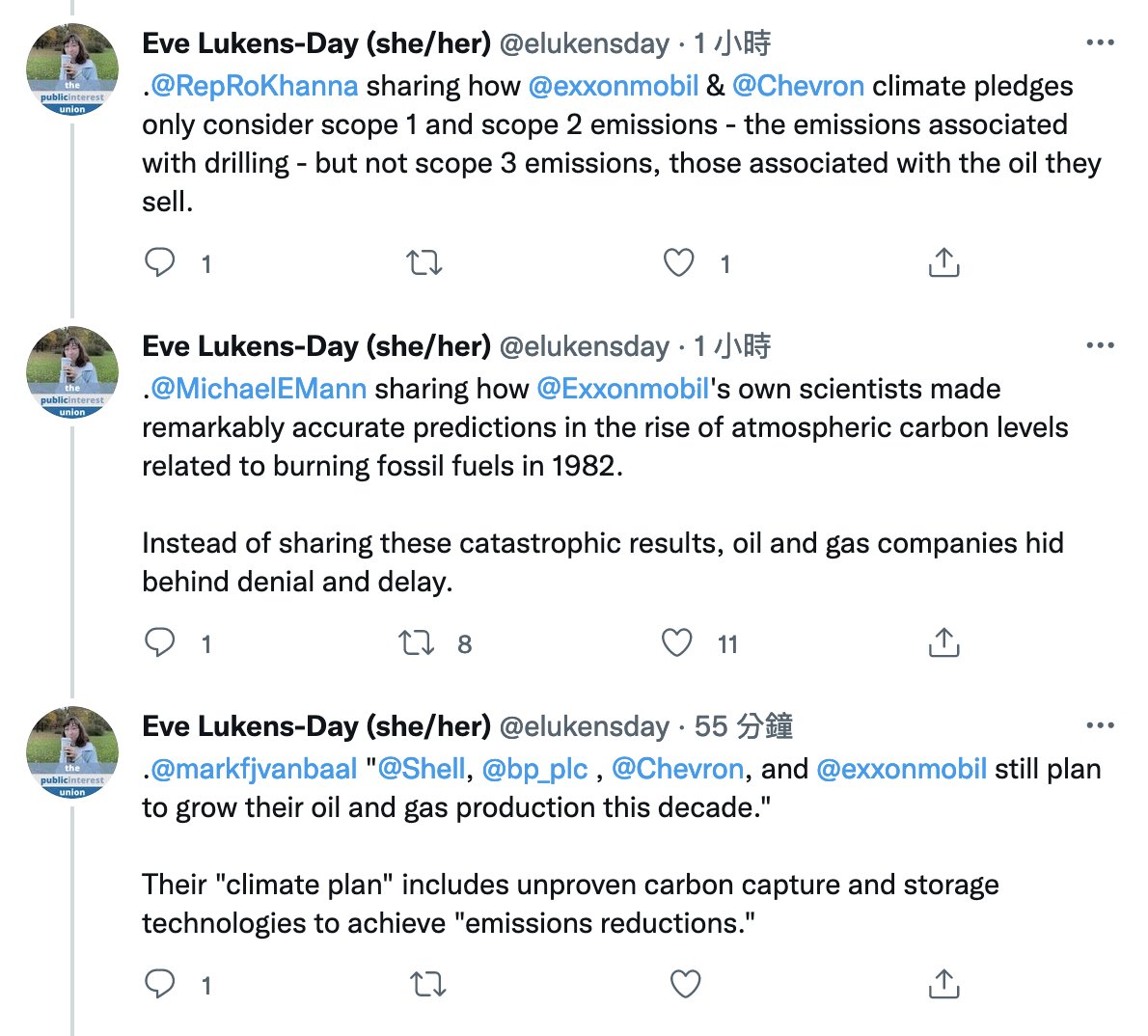
10/ Even before Peter Wadhams’ & David Wasdell’s argument re climate sensitivity, I argue it’s absurd to tell people industrial civilization can operate at zero or negative carbon emissions. It’s not physically possible.🤷♂️ Yet via the IPCC this is the basis of all climate policy. 


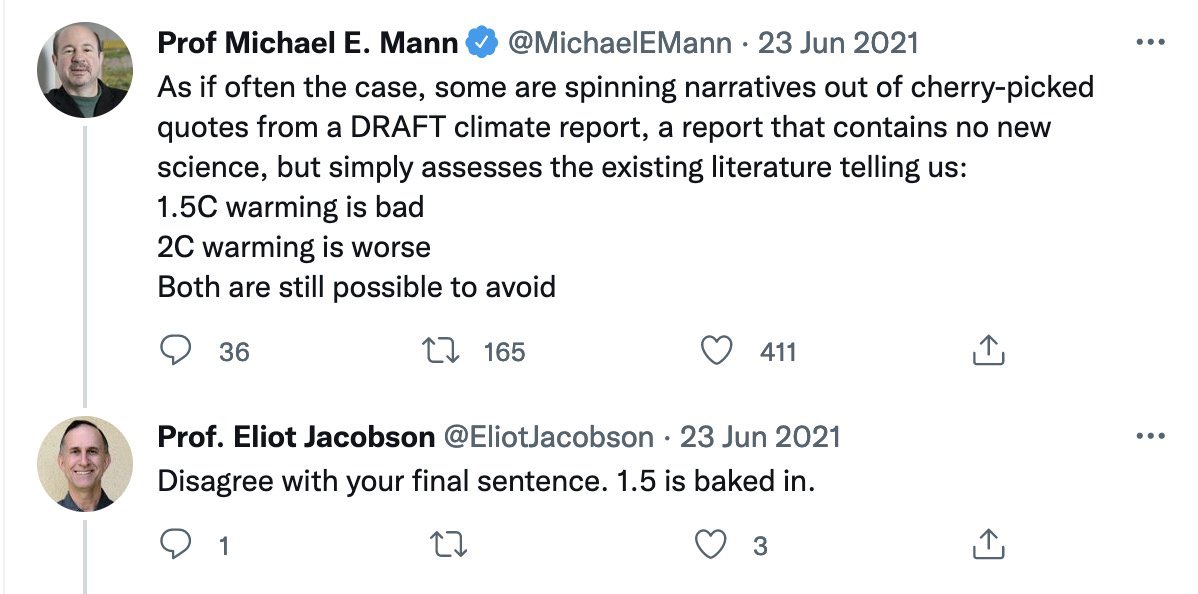
11/ Take your time to process. If true, it differs from current views of where we are and where we are headed.
If anyone can show the above to be wrong, please do - in peer review and given time constraints, in public. If you’re familiar with climate, you’ll see the predicament.

If anyone can show the above to be wrong, please do - in peer review and given time constraints, in public. If you’re familiar with climate, you’ll see the predicament.
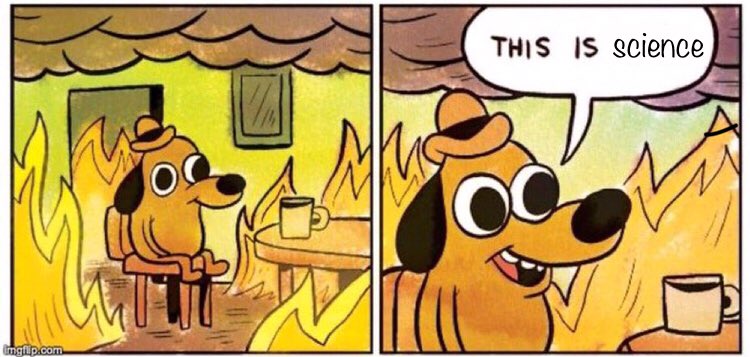

12/ Bonus, I upgraded the airport bar meme for a low-carbon pandemic version: thanks all, and keep your good humor and inquisitive mind! Looks like we’ll need both. 😇🙏 

13/ Special Michael Mann version, for dumbing down global public climate discourse via his ridiculously ill-defined concept of “climate inactivists” (wtf), which achieves nothing but marginalize people and mute early warning signals in society. 
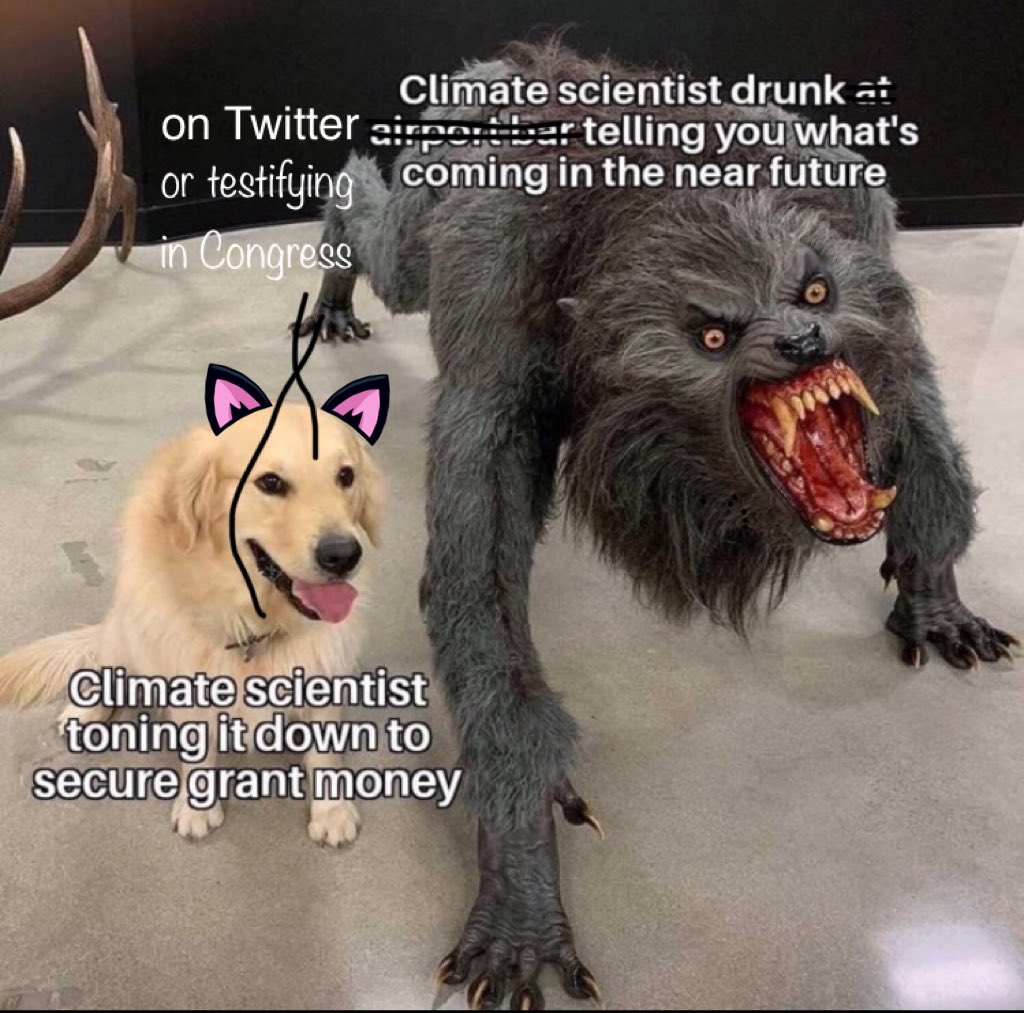
14/ Science is central to understanding and societal progress, but the current lack of interdisciplinarity is not only leading to bad science; it’s deadly. We may only have years of democracy left in the U.S. When we put this kindly, it doesn’t get through, so take this anecdote:
https://twitter.com/teotwp/status/1491043163305570305
15/ A telling anecdote. Many scientists act as if science were the only correct, effective, ethical or even aesthetic way to know climate change. Even for a movie just nominated for Best Picture. 🤦♂️ i mean 💆🏻♀️
https://twitter.com/xr_cambridge/status/1490439646513405961
16/ If only there were marginalized people who passed down wisdom over millennia, from whom we could have learned throughout the past 500 years, and who continue to be passed over for the likes of Michael Mann. 🤝
https://twitter.com/jessicawins/status/1491112706598146048
17/ Congressional hearings with Mann disappoint. Not comparable with the hearings in the late 1980s with Sagan, Hansen, Manabe.
Given today’s knowledge and resources, we could do better.
Meanwhile, time is running out to save the Arctic - and ourselves.
oversight.house.gov/legislation/he…
Given today’s knowledge and resources, we could do better.
Meanwhile, time is running out to save the Arctic - and ourselves.
oversight.house.gov/legislation/he…
https://twitter.com/_ppmv/status/1491202165574344704
18/ The lack of systems thinking in climate science and policy is a deep systemic problem. (It has nothing to do with Mann. Most scientists may feel there's no problem.) Here the case of the 28/01/2020 10 Downing St briefing documented by @CarbonBrief FOI.
https://twitter.com/_ppmv/status/1491438275055464452
• • •
Missing some Tweet in this thread? You can try to
force a refresh








